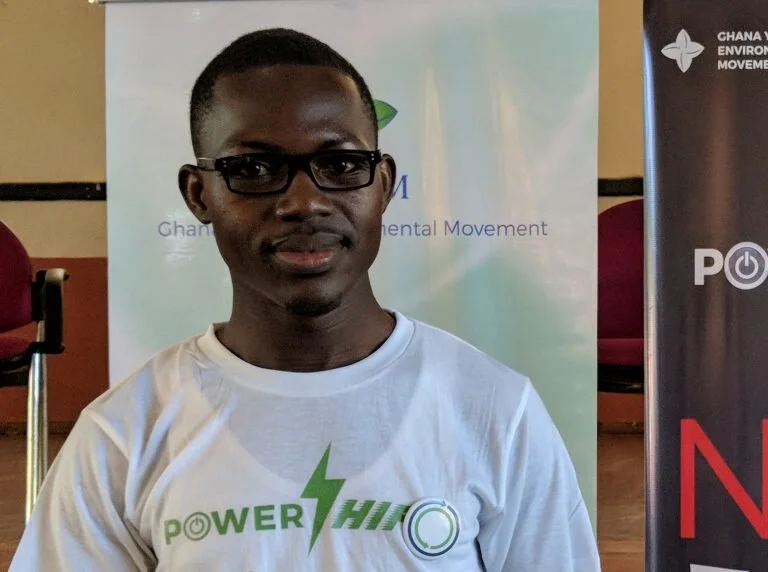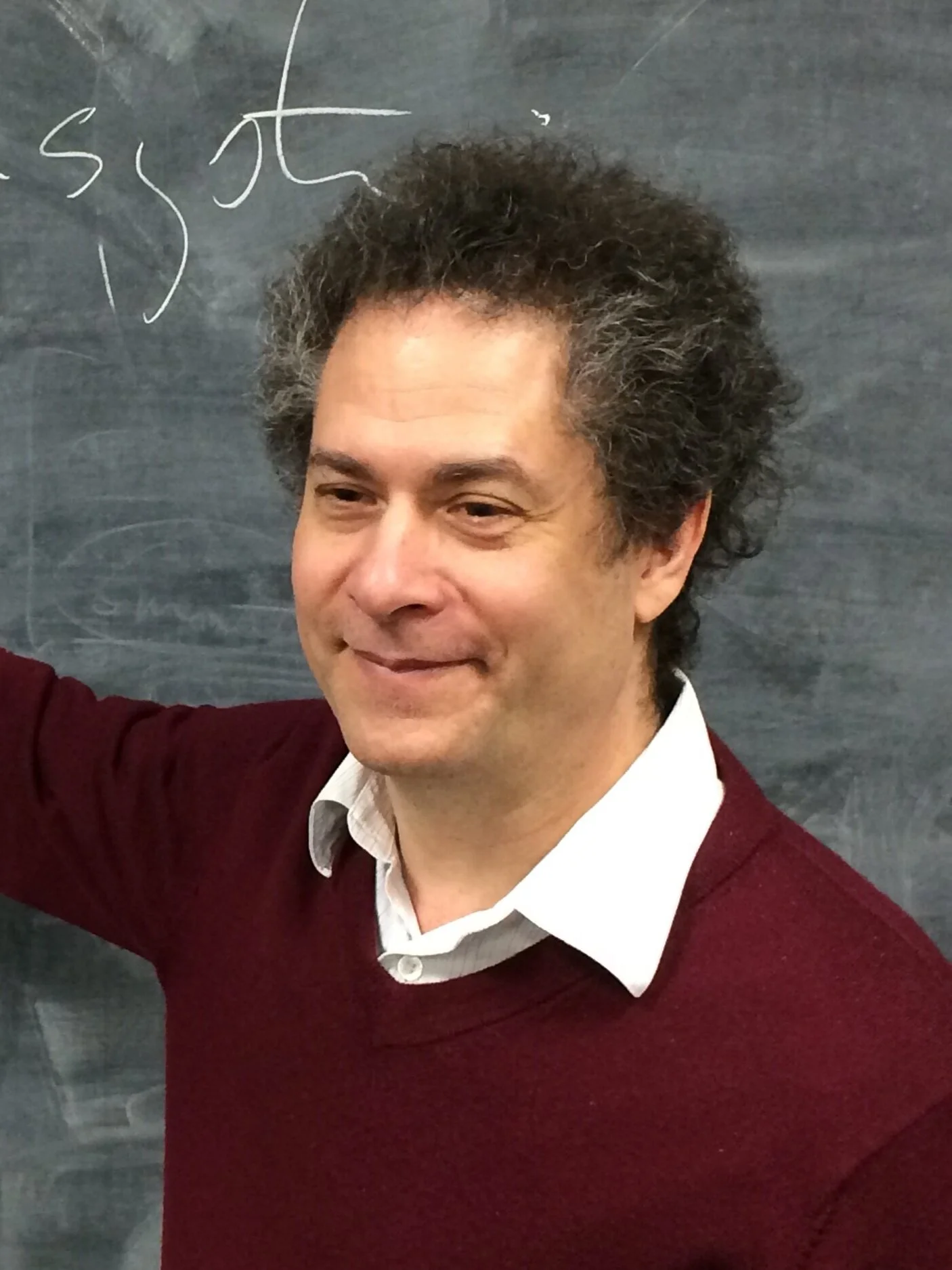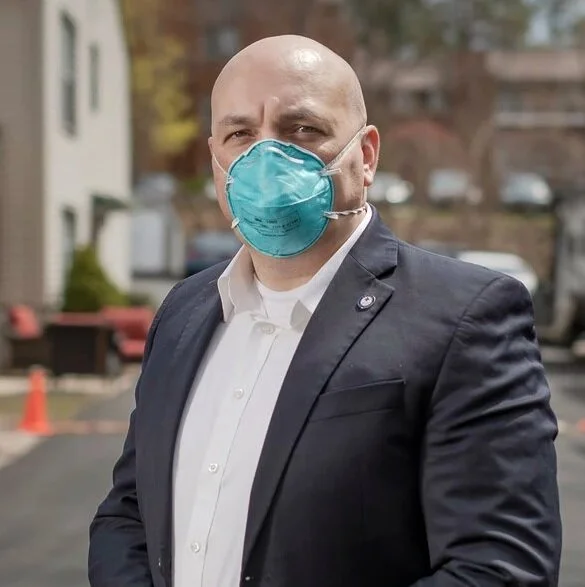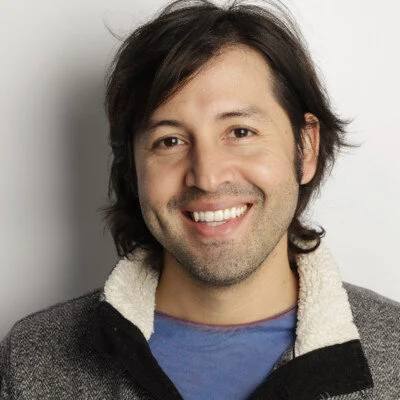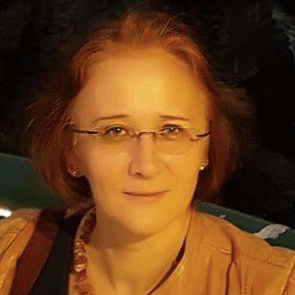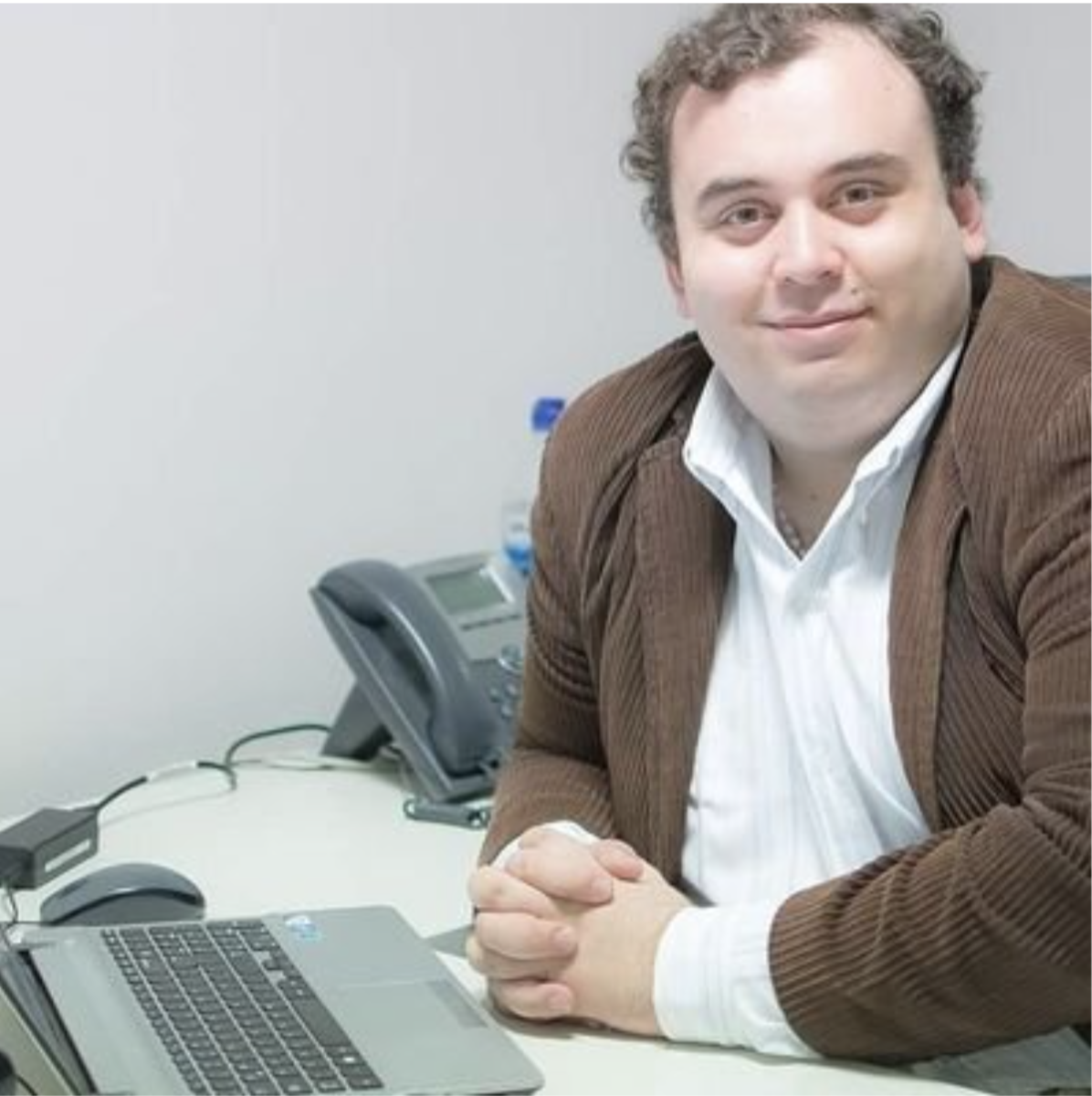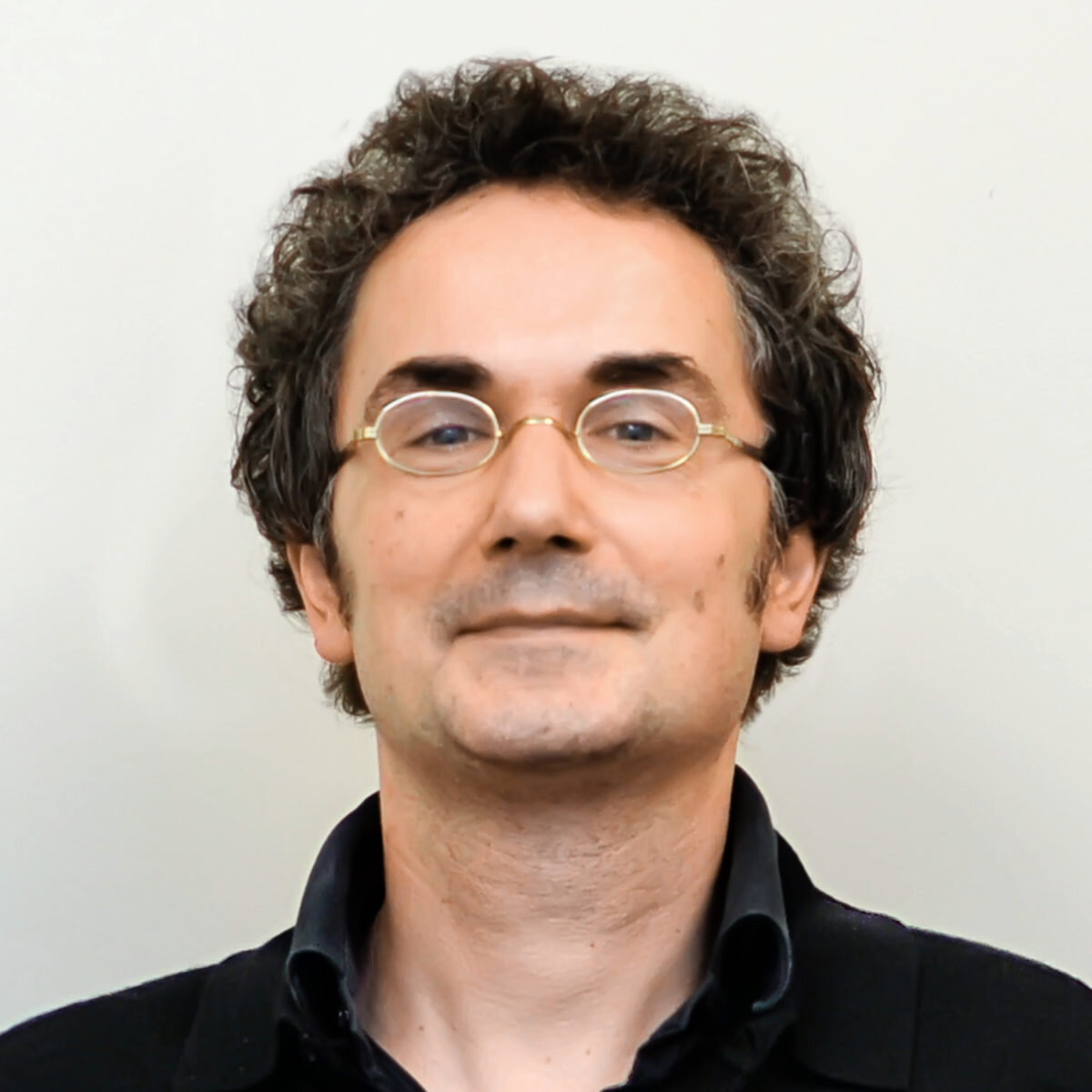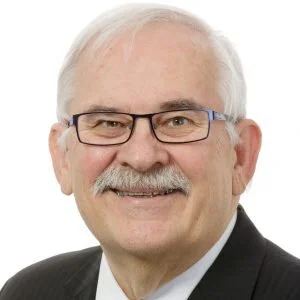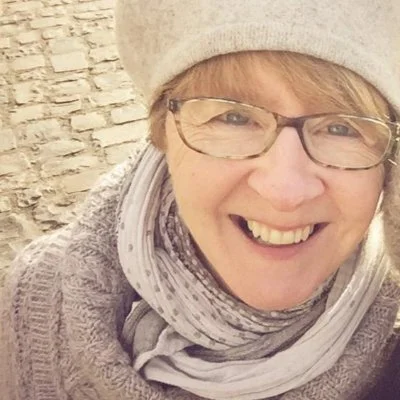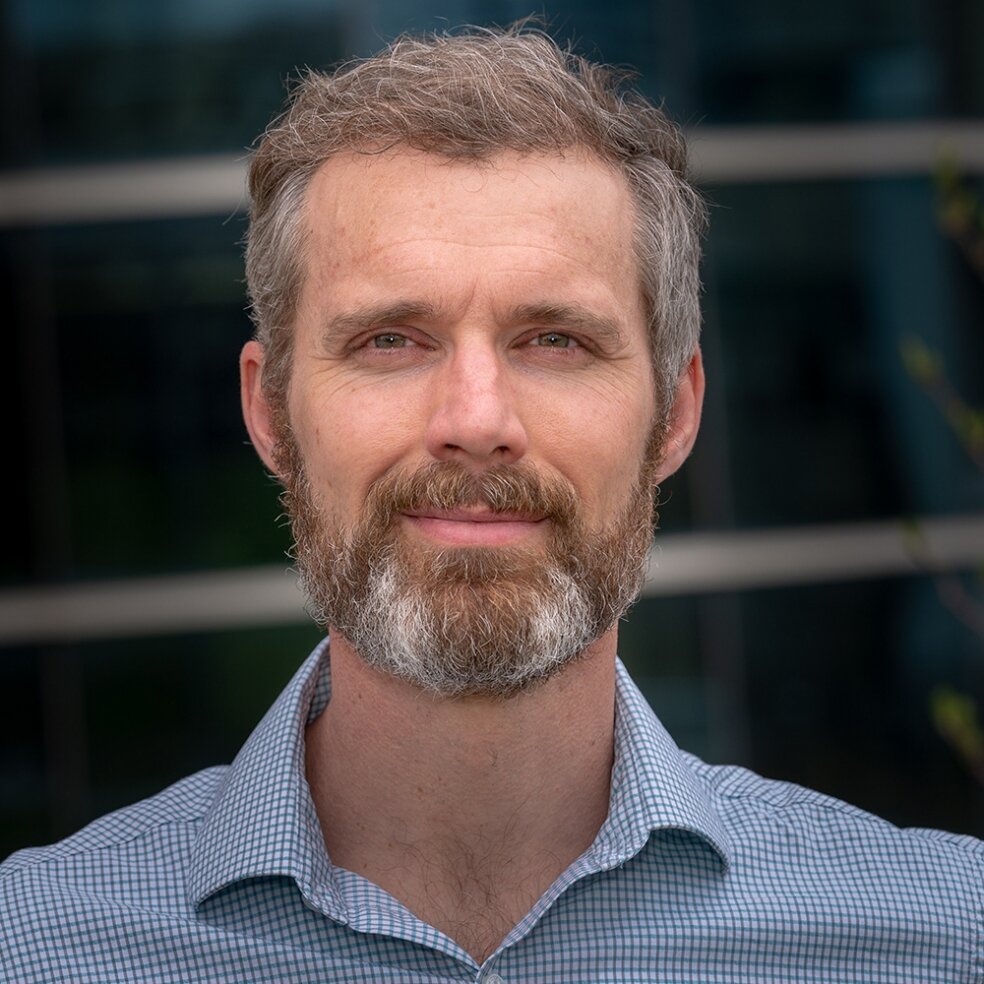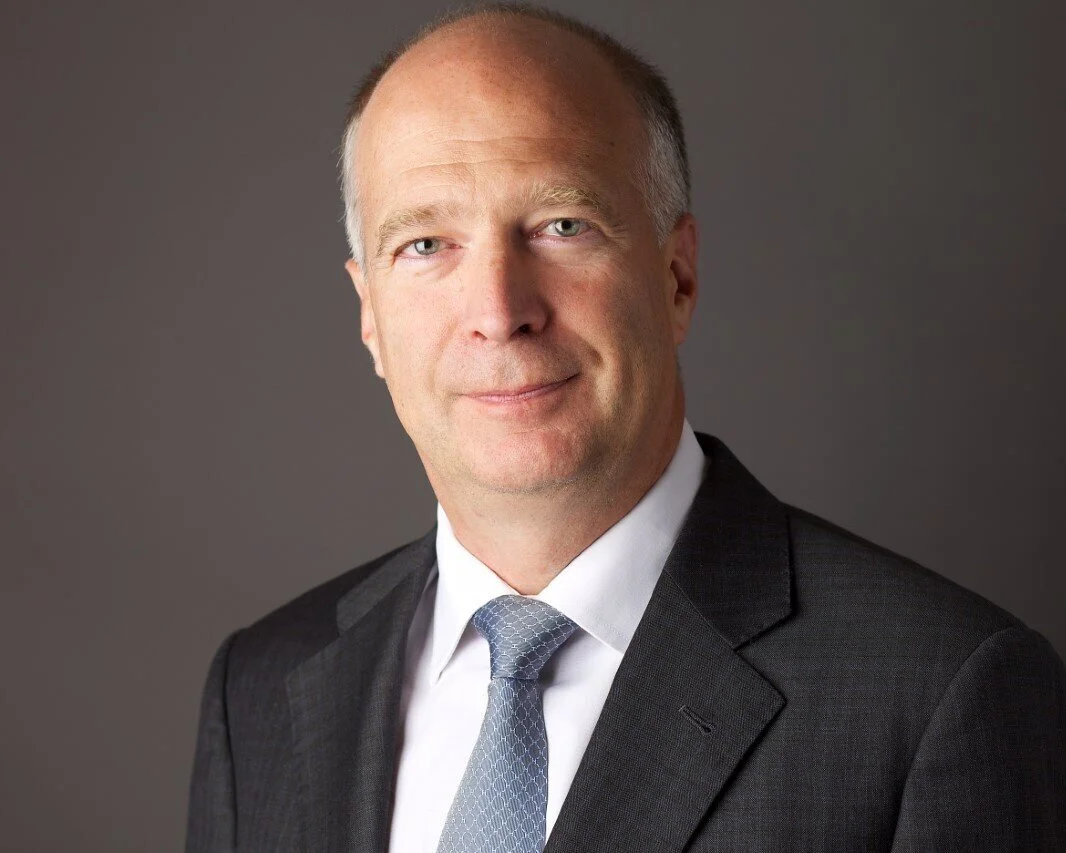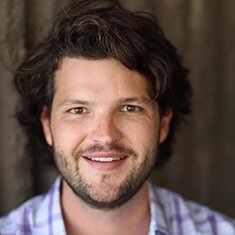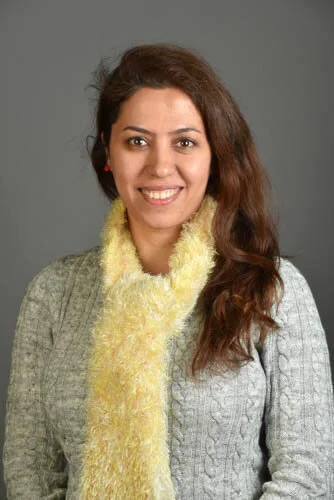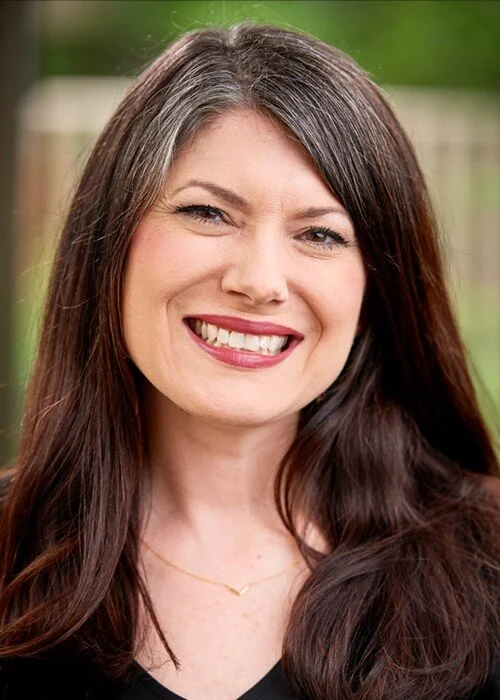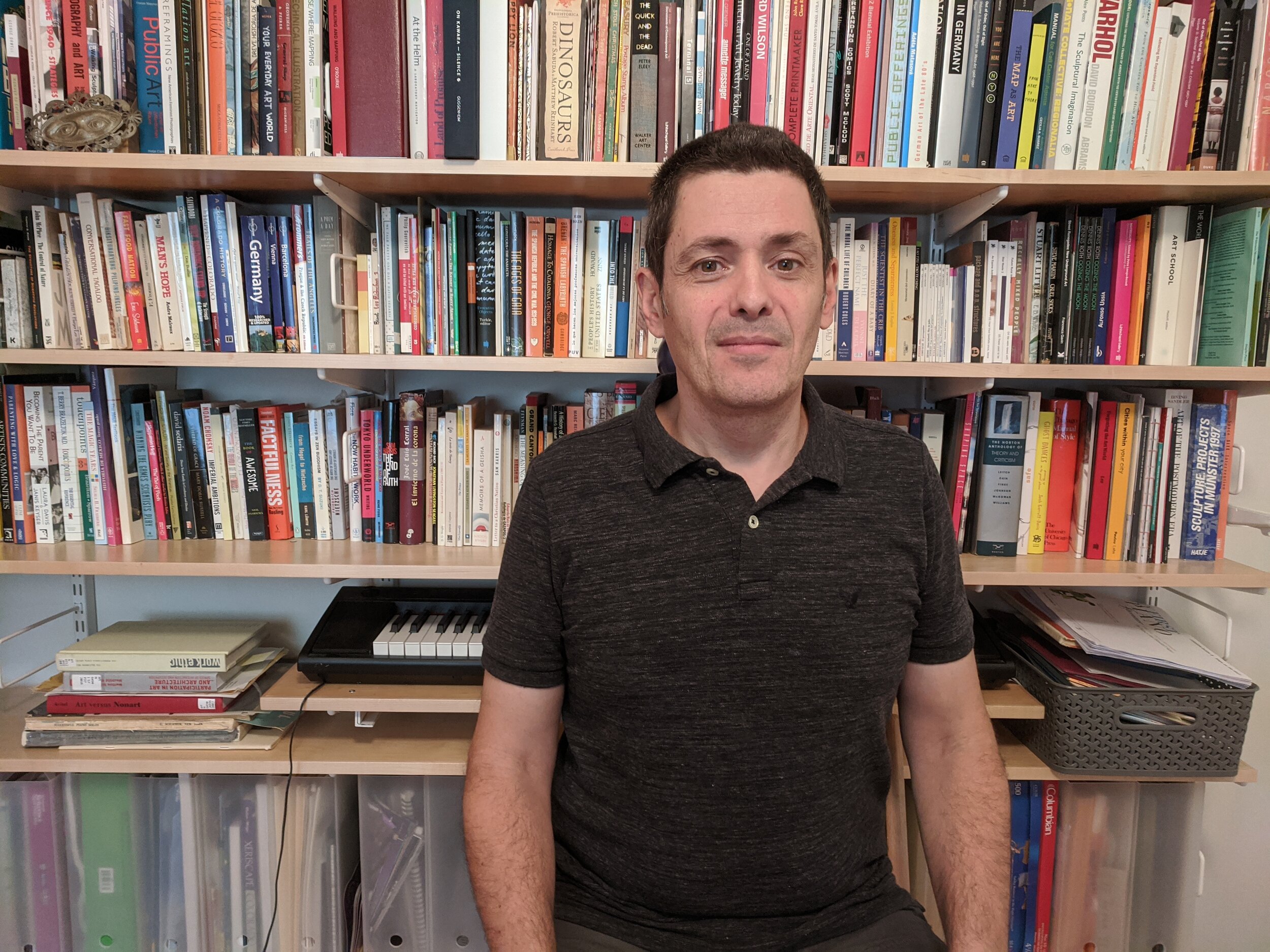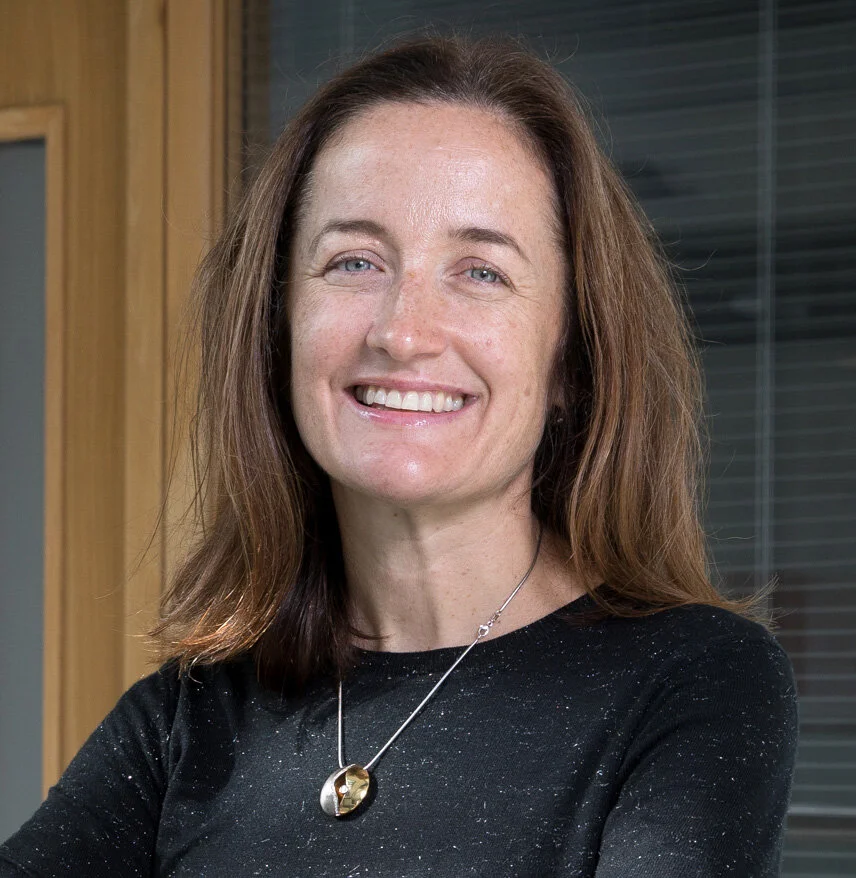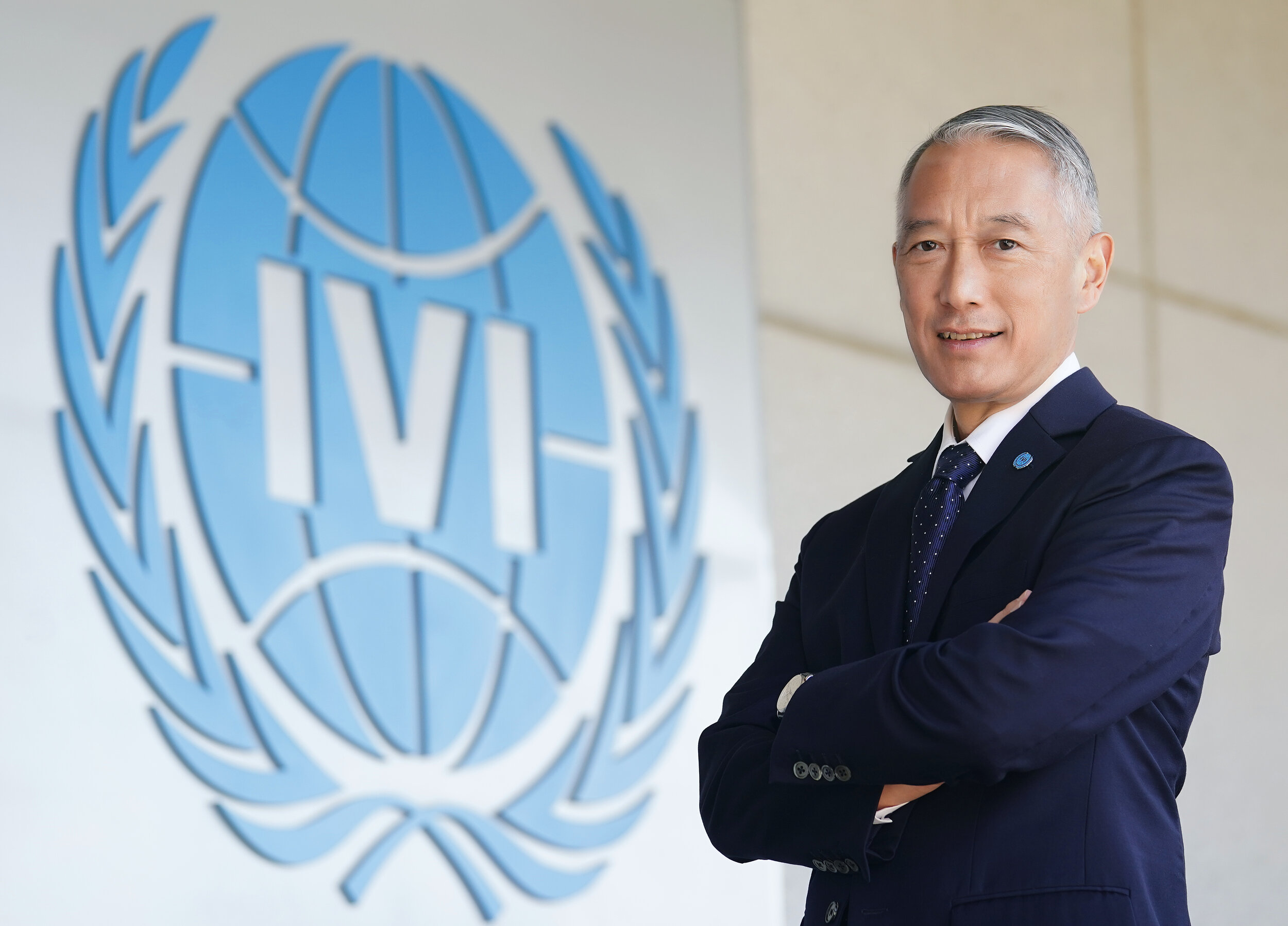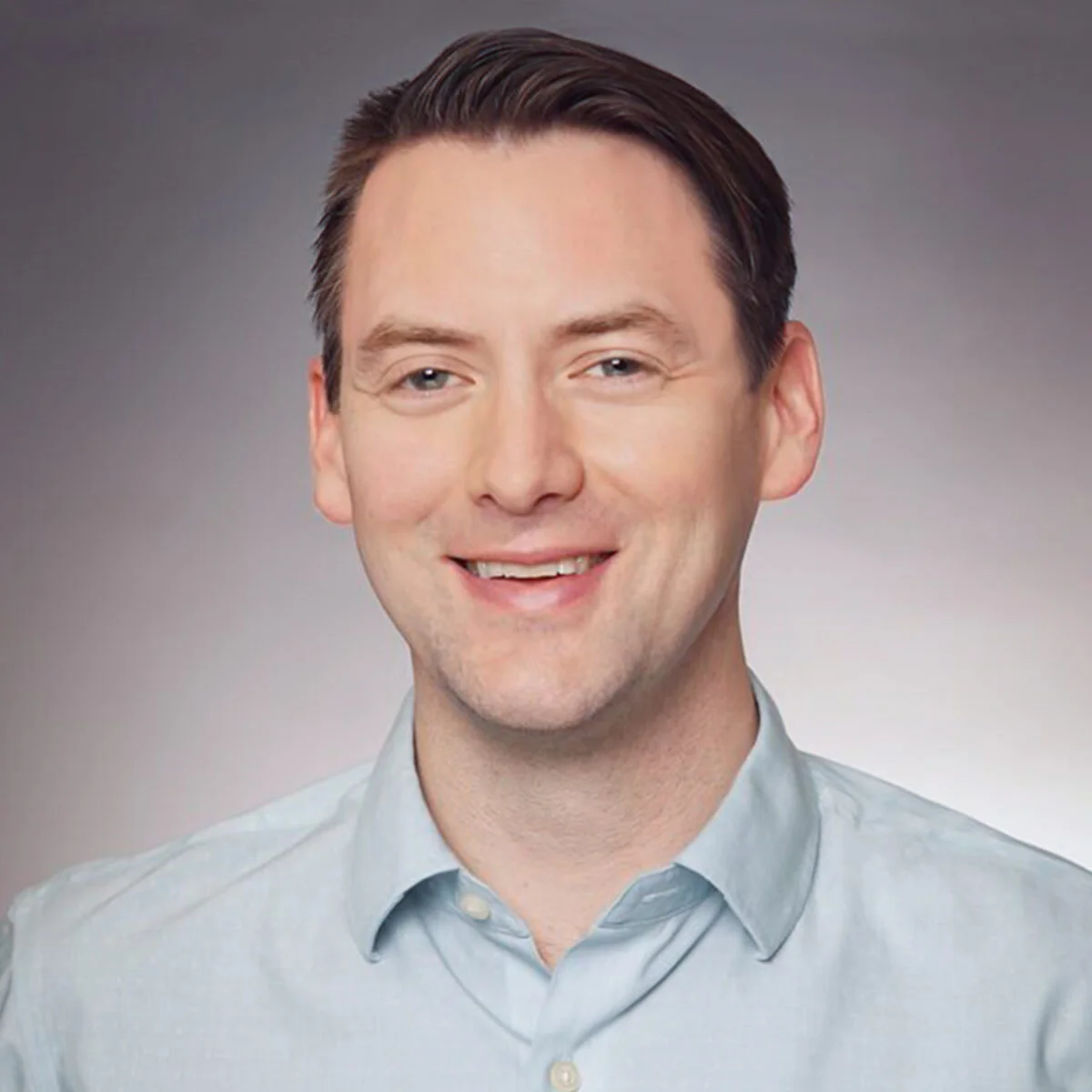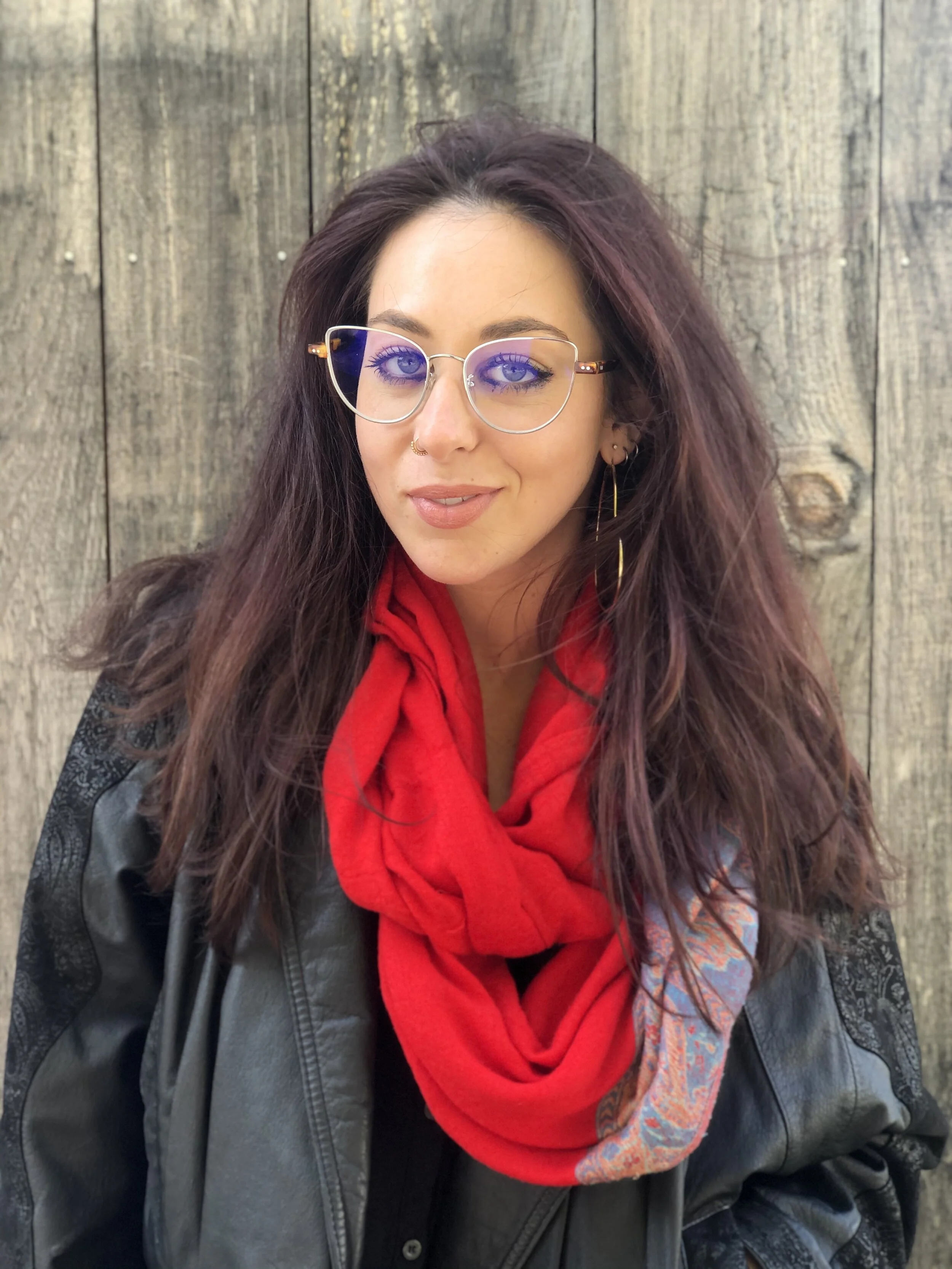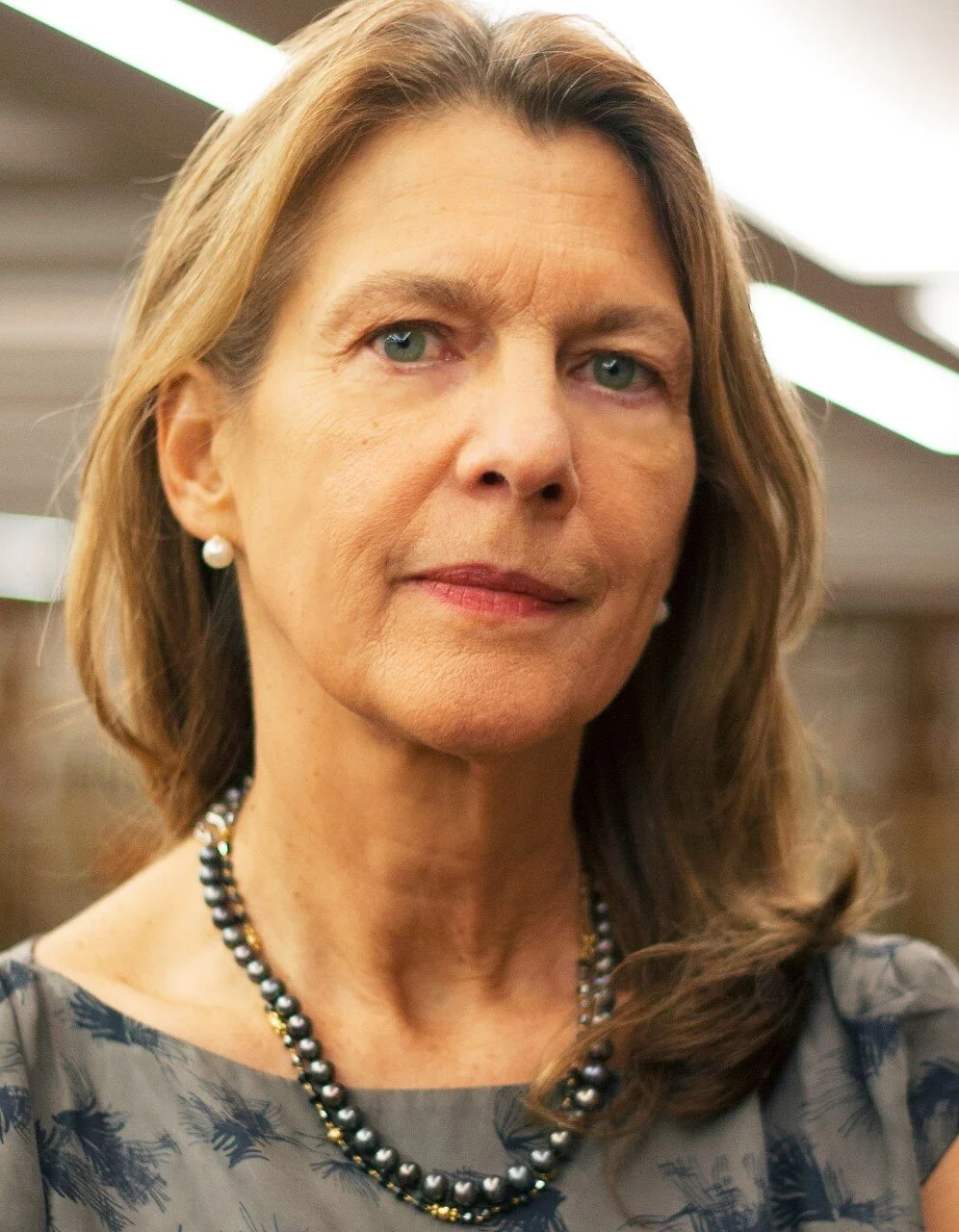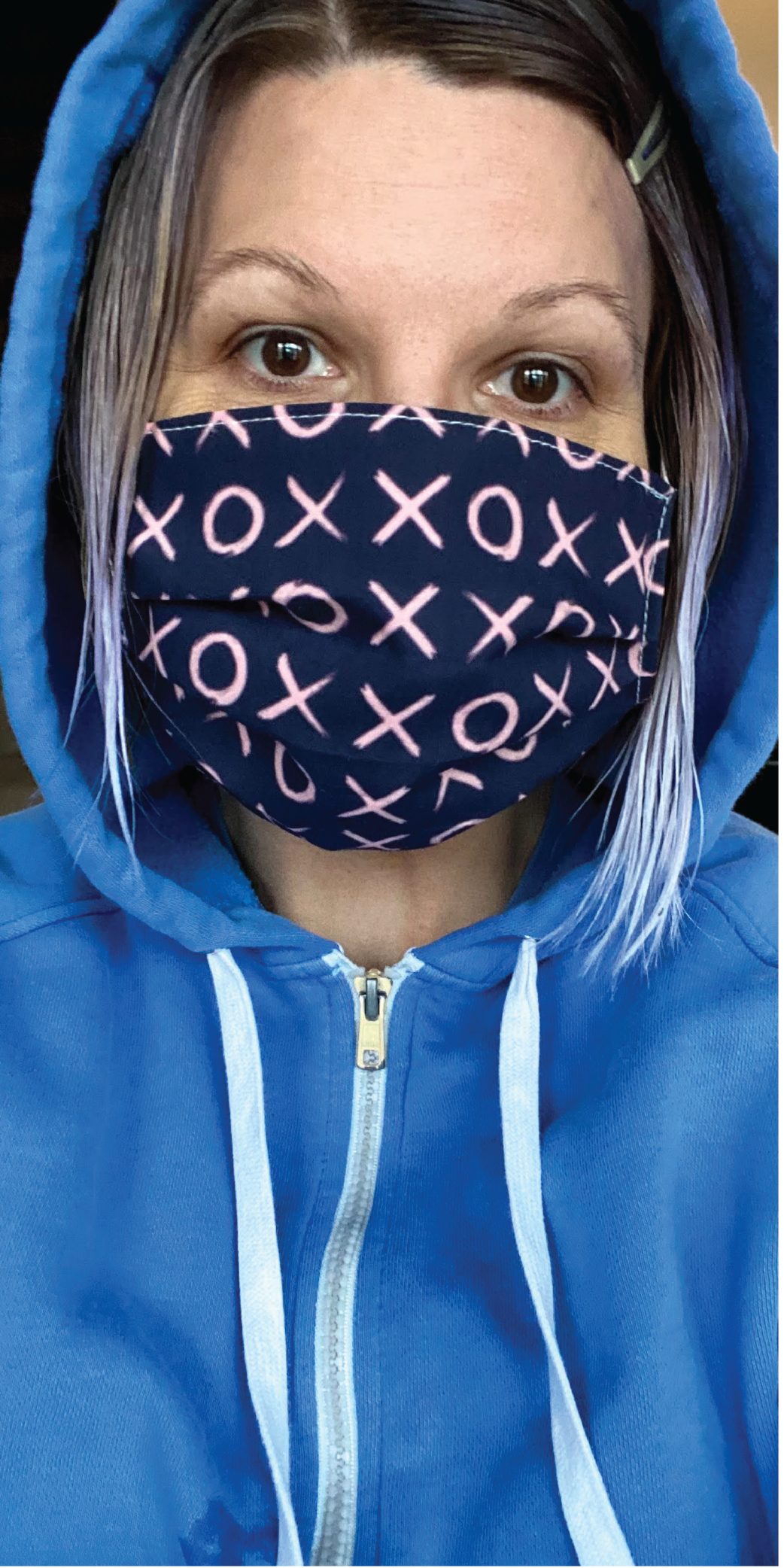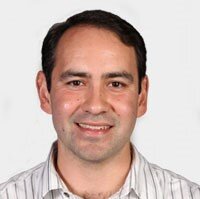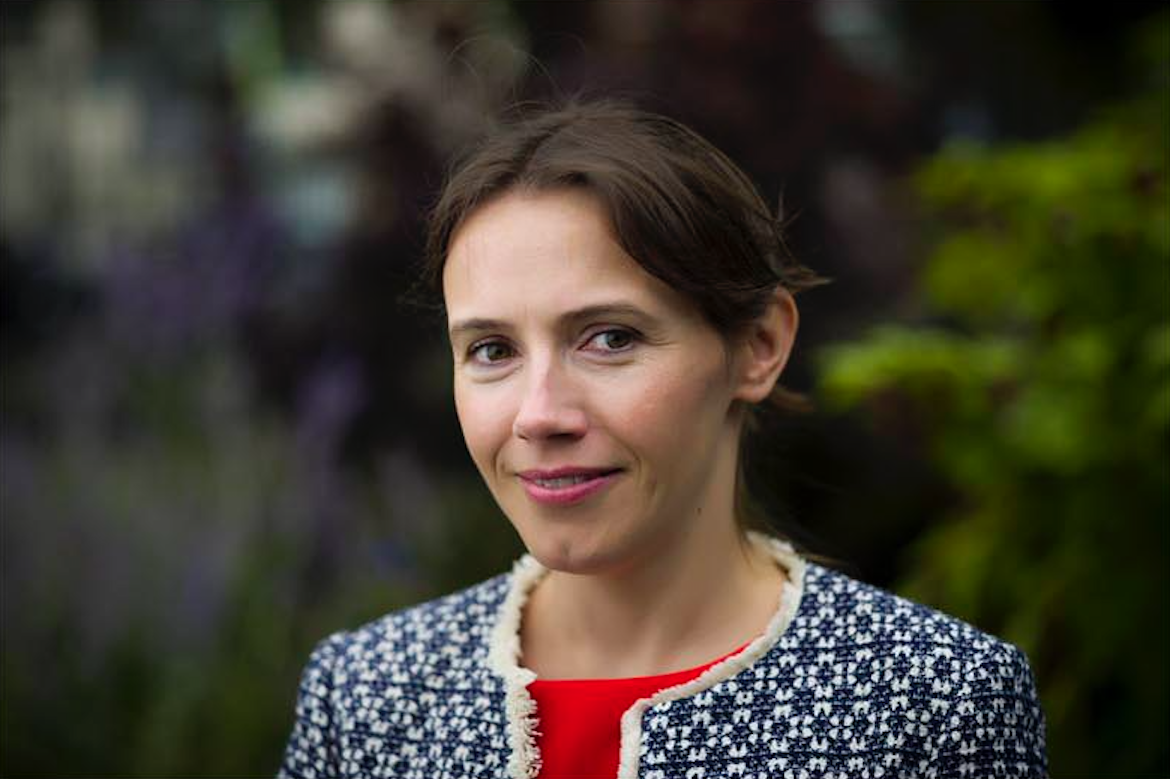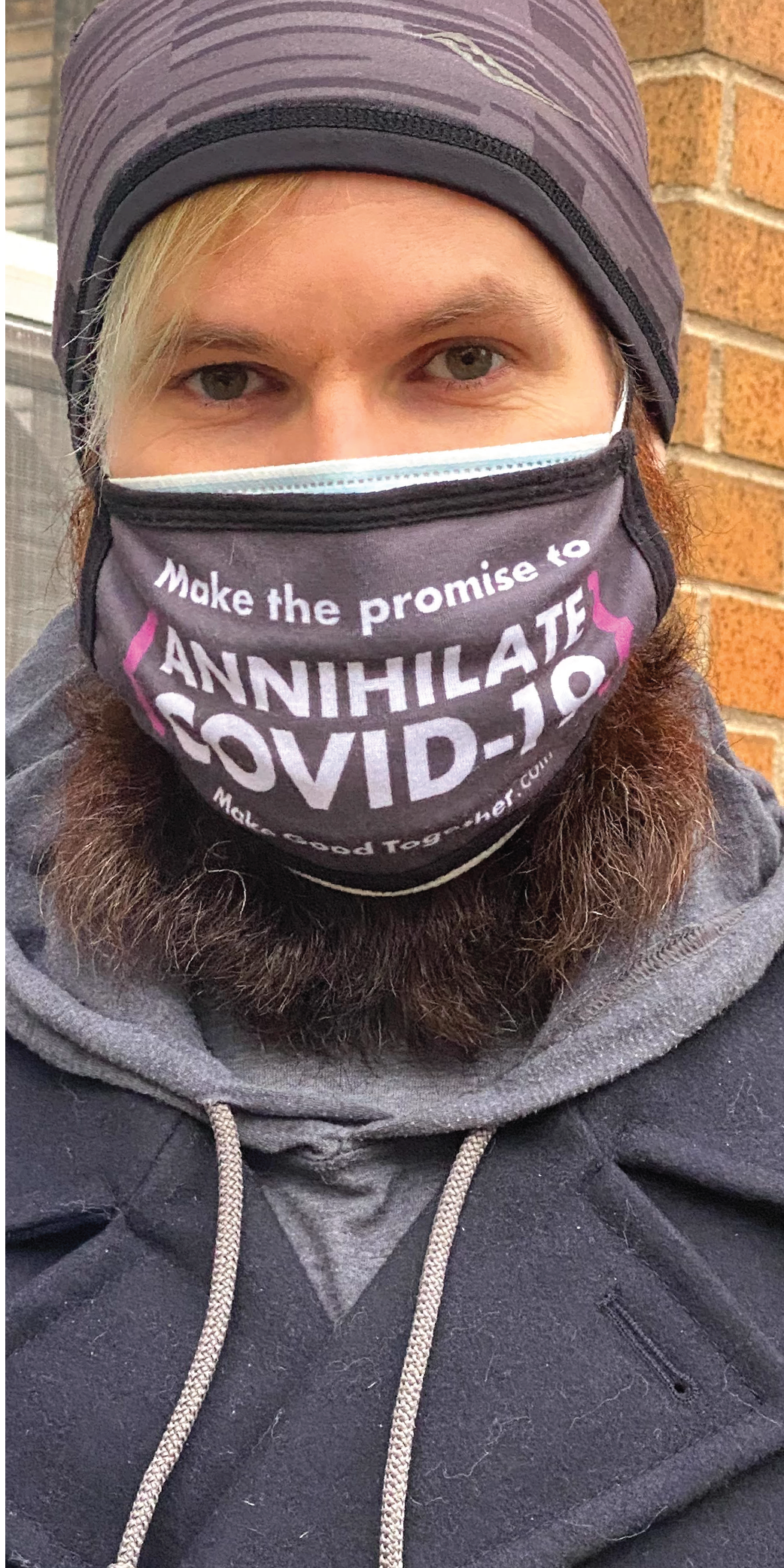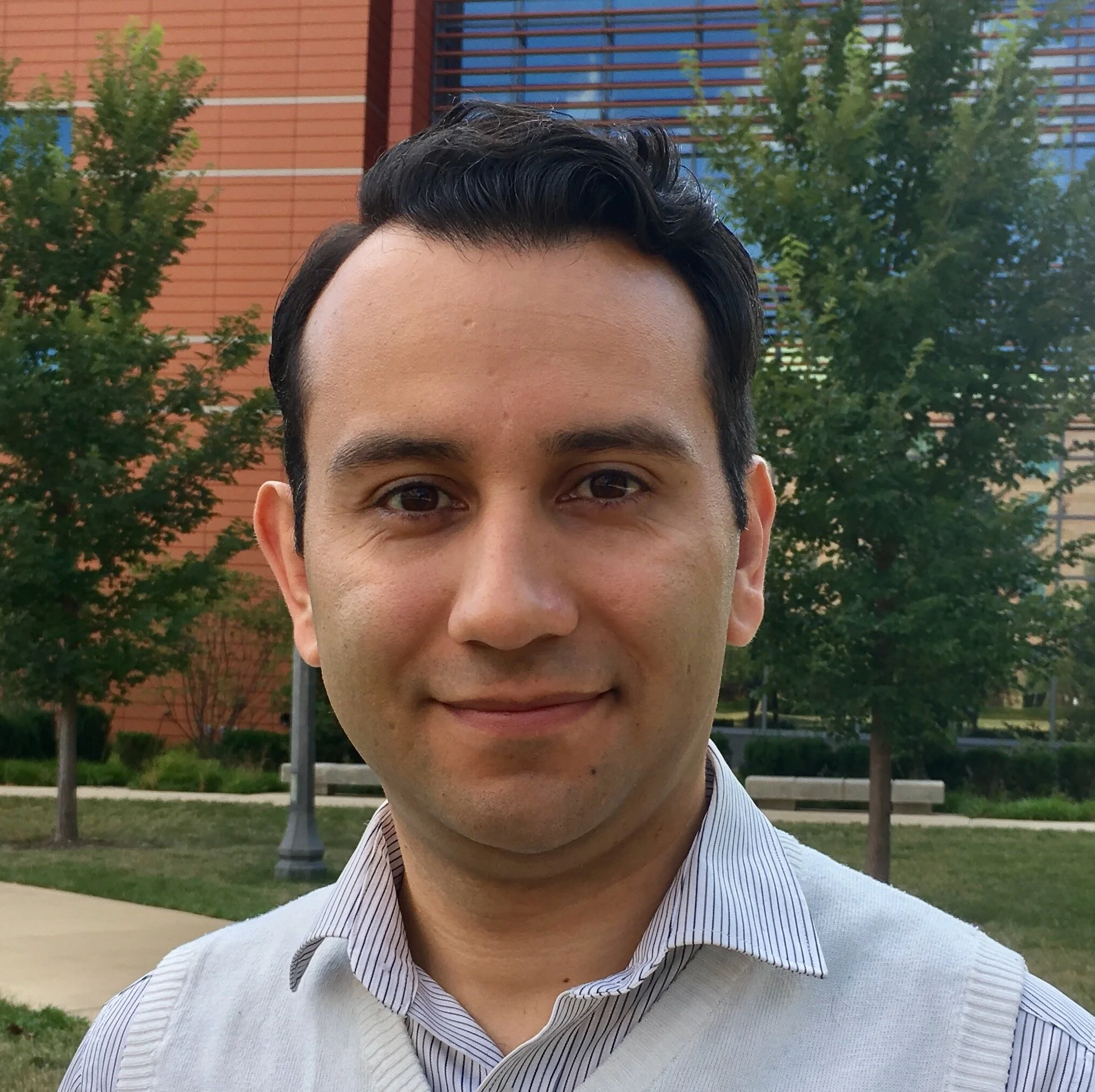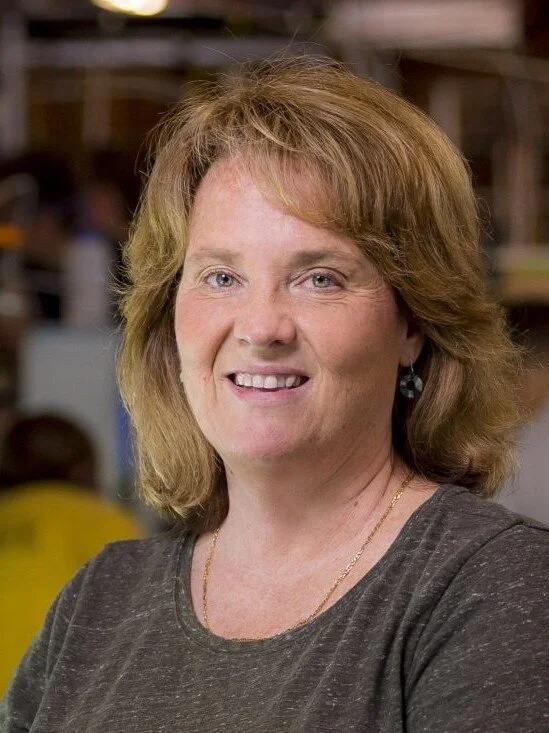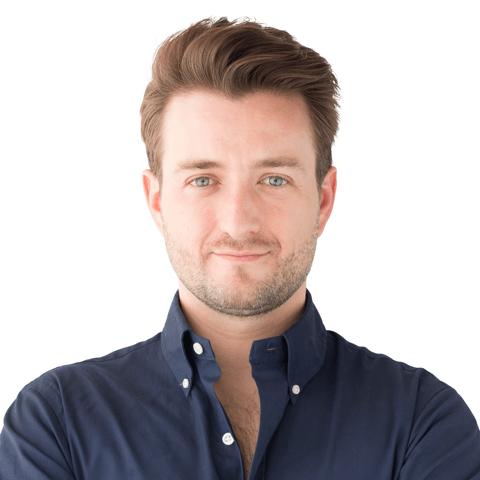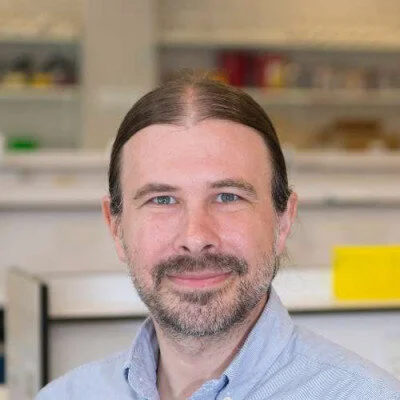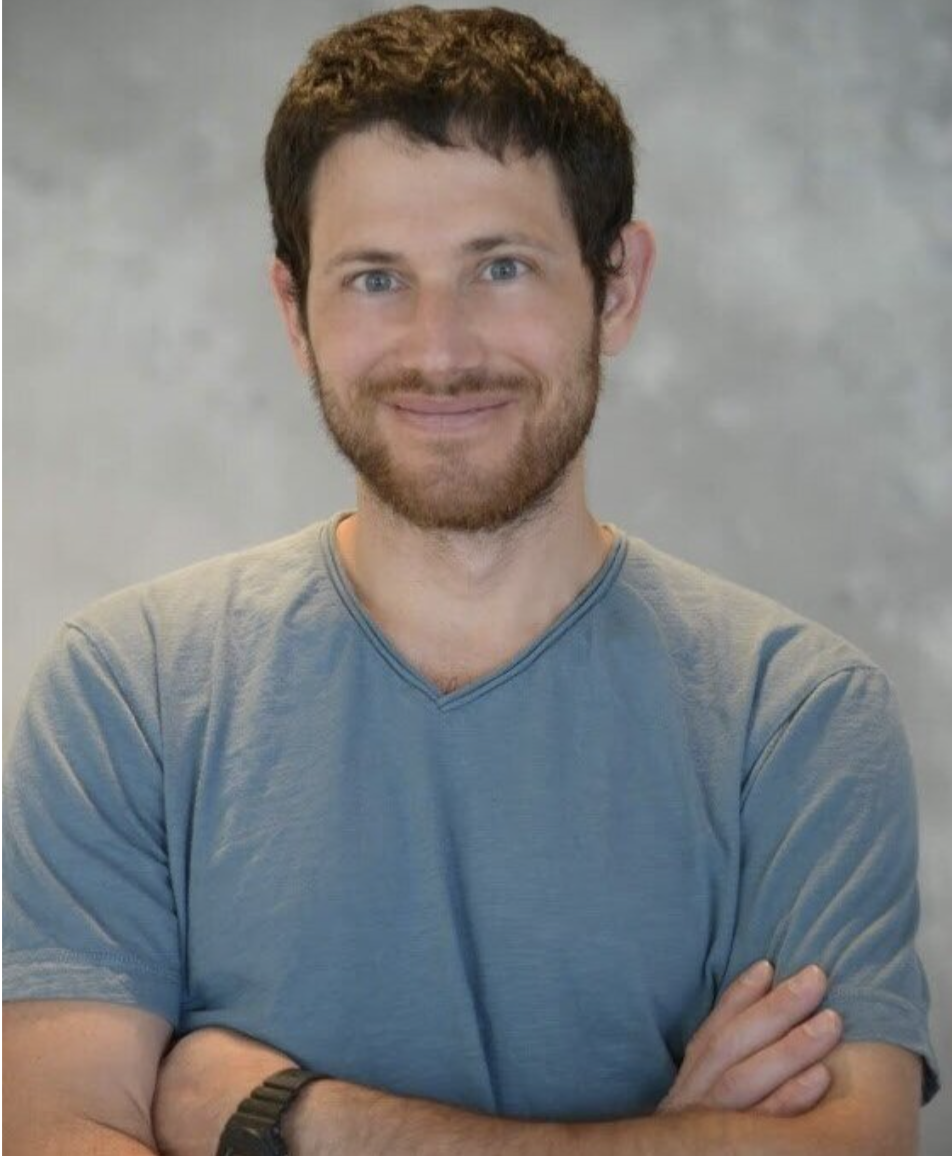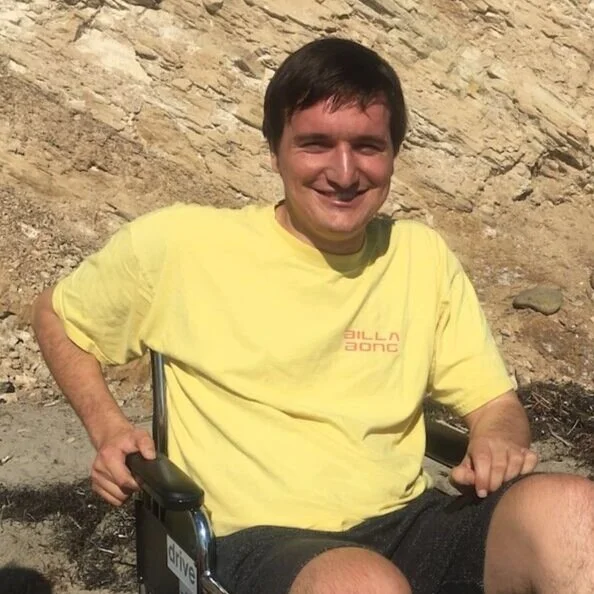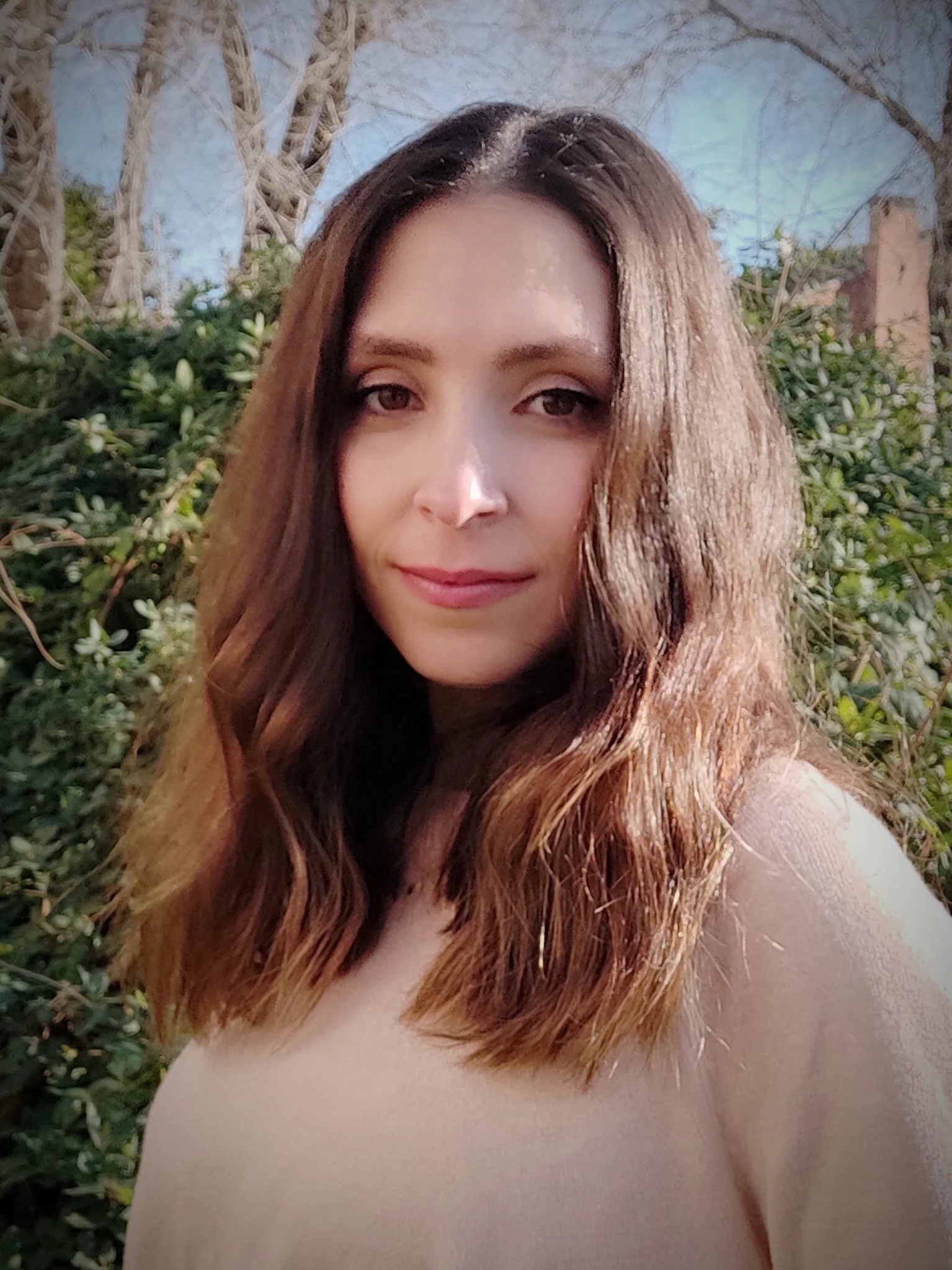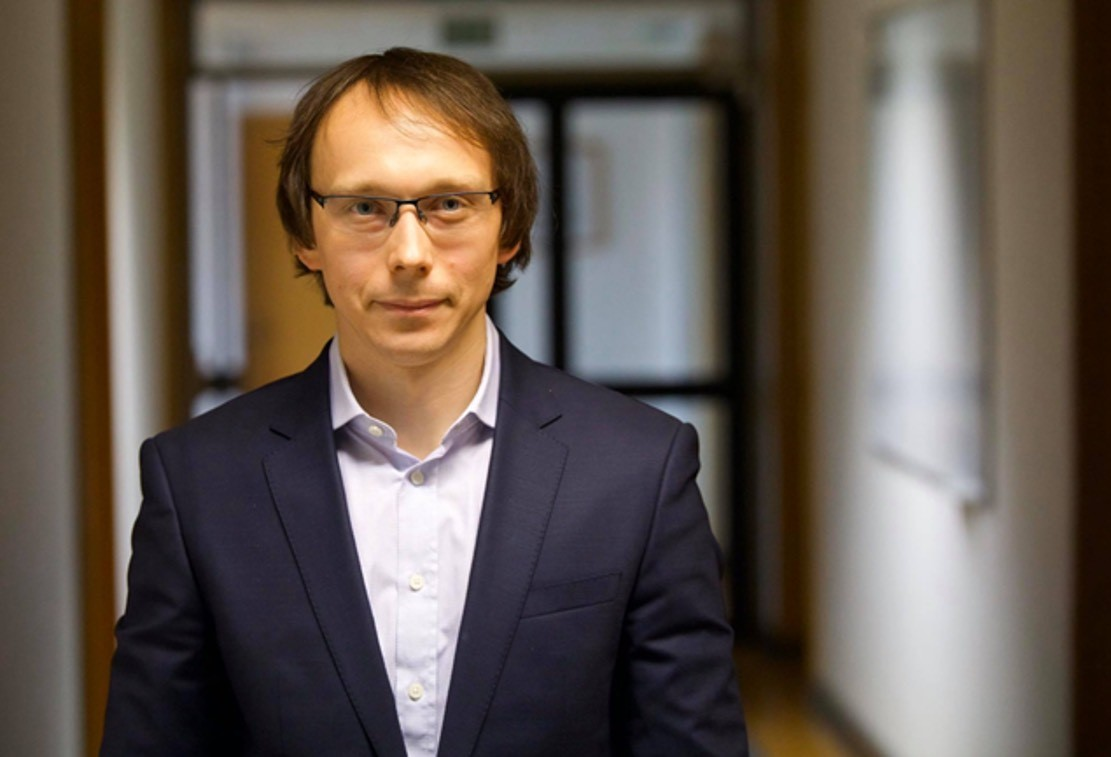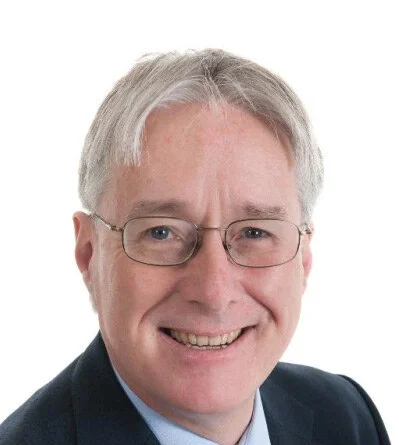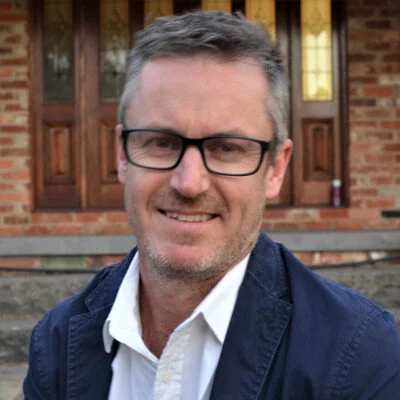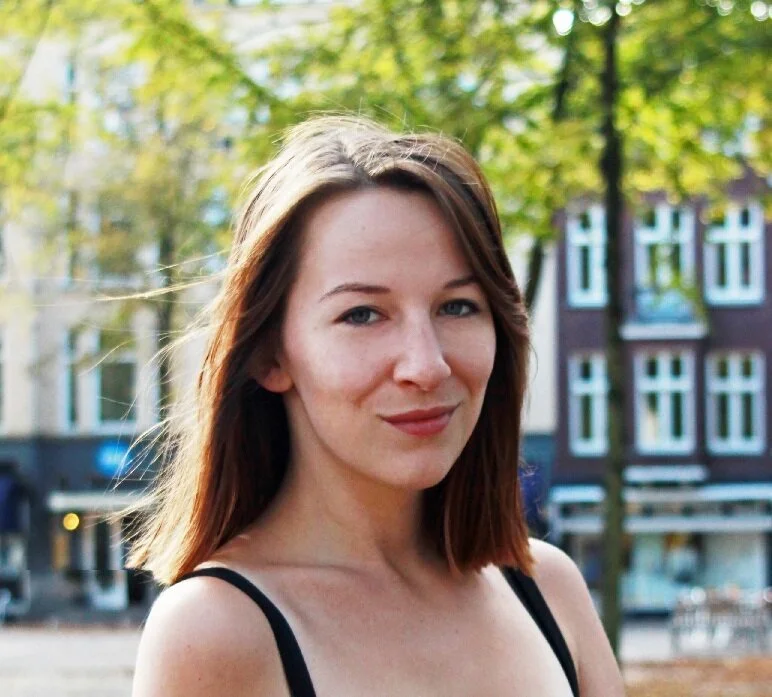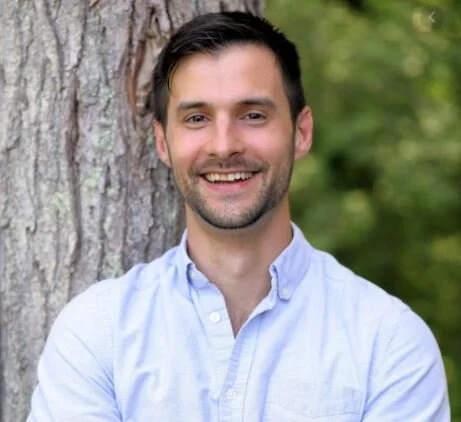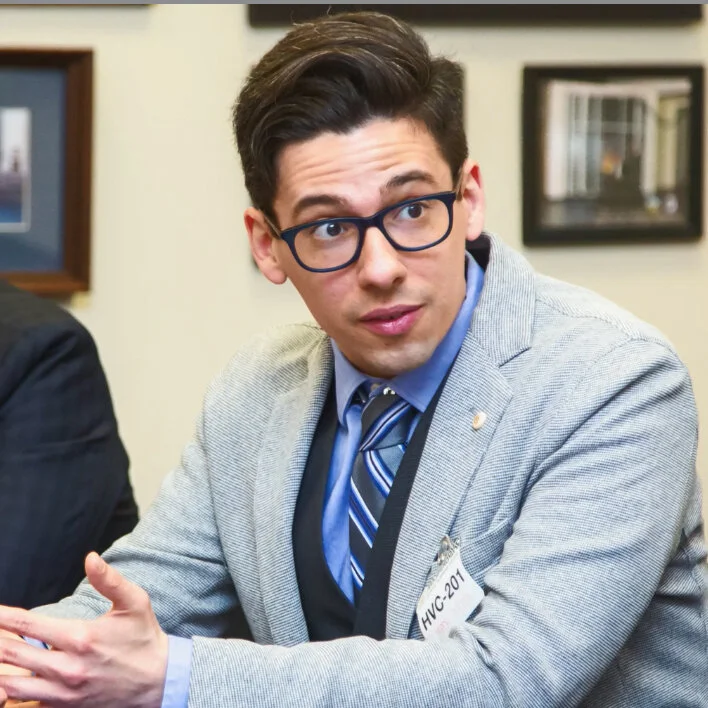All program events will be hosted on Zoom. Registered attendees will received log-in details prior to the summit. All times Eastern Standard Time (EST), UTC−05:00. Details are subject to change before the start of the summit.
Tuesday
10:00–11:50 Policy Recommendations & Strategy 1
Moderator: Katie Marsh
Yaneer Bar-Yam | NECSI
Welcome: The Mission and Vision of C-CAS
Aistis Šimaitis | Office of the Government of the Republic of Lithuania
Coronavirus Pandemonium: Deceptive Statistics of the Pandemic
Aistis will talk about the dynamics of the Coronavirus pandemic and discuss various statistics used to assess the situation. Strategy and policy decisions depend on those metrics and it is important they do not misinform. However, they often do and he will cover several such cases.
Robert Greenhill | Global Canada
Links, bridges and transmission belts: the components of a successful COVID strategy
Building a successful COVID strategy requires building links across multiple disciplines, bridges across different perspectives, and transmission belts to decision-makers. Robert Greenhill describes how the COVID Strategic Choices Group (www.COVIDstrategicchoices.ca) tries to accomplish this in Canada with its Canadian Shield COVID strategy.
Peter Frazier | Cornell University
Controlling COVID-19 at Cornell University
To safely bring students back for in-person instruction in the 2020 fall semester, Cornell University in New York State launched an ambitious asymptomatic screening program, with twice-per-week testing for undergraduates. This program was successful at containing spread and only 0.5% of students, staff and faculty were infected over the semester. We share insights from this testing program and other interventions used at Cornell to protect the campus population and surrounding community.
Santiago Nuñez | UIUC and Tomás de Camino | ULEAD
Unveiling the effect of non-pharmaceutical COVID-19 interventions in Costa Rica: hospitalizations and their velocities as robust proxies of the contagion process
Tracing and evaluating the impact of non-pharmaceutical interventions aimed at curbing COVID-19 spread is essential for public health planning, reduction of economic impact and sustained public trust in policy measures. We present here a novel methodology that makes use of hospitalization data as a reliable observable that a) captures retrospectively the evolution of spread dynamics and b) allows statistically robust imputation of impact to various public health measures. We exemplify its use for Costa Rica between March 31-November 25, 2020. Finally, we provide an analysis and recommendations in light of results obtained with it.
13:20–16:55 Community and Network Building
Moderator: Derrick VanGennep
Chris Kocher | COVID Survivors for Change
Sinéad Ní Fhaoláin | Independent Scientific Advocacy Group
Charting the Evolution of ISAG in Ireland
The story of ISAG since July 2020, on its road to convincing the Irish Government to adopt a ZeroCOVID elimination strategy.
Elizabeth Semper | CovidPersistenteEspaña
Living Long covid: the disease and advocacy impact on life
Roy Wilkes | Zero Covid - UK
Building a grass roots movement for Zero Covid
The experience of building an activist led grassroots zero Covid campaign in the UK.
Desmond Alugnoa | Green Africa Youth Organization
The harsh reality of Ghana’s Covid19 response strategy: Can the web of community-led covid19 shield survive loose government measures?
The government of Ghana has been touted as one around the globe to have taken early and stringent actions that succeeded in keeping the number of covid19 cases low for the first nine months. These measures were buttressed by a great deal of community shielding mechanisms initiated and promoted by local communities themselves. Unfortunately for the country, its general elections took place on December 7th 2020 and coupling this with the festive season many changes occurred regarding government measures. The situation is fast changing and society blames the government for it but can society maintain it's self-initiated efforts?
Joaquín Beltrán | Speak Up America
Tyson Francis Belanger | Shady Oaks Assisted Living
Tips From a Care Home: The Bubble, KN95s, Testing, & Air Purifiers
Shady Oaks Assisted Living has had six COVID-19 positive staff members. However, no resident caught COVID, and the staff did not catch COVID from other staff. Tyson Belanger, the owner and director of Shady Oaks, will share his four best precautions against COVID-19: The Bubble, KN95s, Testing, & Air Purifiers. Prior to buying his family’s home and moving in next door, Tyson graduated from Yale University in 1998, served three tours in Iraq as a Marine infantry officer, and earned an international relations Ph.D. from Harvard in 2014.
Tiffany James | Justice James Consulting
How to Leverage Your Relationships and Build Support
Relationship organizing and strategic partnerships is crucial when it comes to advocating for issues including COVID-19. Learn how to gain support by leveraging your existing relationships and by creating win-win situations for all parties involved. Incentives and special interest play a huge role in getting organizations and communities to partner with you on your issue. Finding common ground in values and interests is essential to connecting and winning over the hearts and minds of those your audience and potential partners.
Michelle Lukezic and Eric Nixon | MakeGoodTogether
Empowering Everyday People to Lead
Learn why a bottom-up leadership model is integral to successfully ending the pandemic. Michelle Lukezic and Eric Nixon, founders of MakeGoodTogether explain how empowering individuals to be leaders within their social circles has the potential to shift social norms, shape behavior, and create a shared collective identity.
Julie Lam | MaskTogetherAmerica
MaskTogetherAmerica’s social media platform was built on Facebook and Instagram. Mask with Us, the Facebook private group, was created for COVID advocates to share insights and research.
17:00–18:30 Policy Recommendations & Strategy 2
Moderator: Tara Macolino
Jason Thompson | Melbourne School of Design
Achieving Zero – Bringing computational social science into mainstream policy making for COVID-19
Zacarias Bustos | Sanatorio Frances
Transforming fear into appropriate action
Meir Rubin | Kohelet Policy Forum
Variants of Hope: Shaping and advancing policy in times of emergency, Israel 2020 as a test case
Stephen Duckett | Grattan Institute
Zero is possible: Lessons from Australia
18:30–19:30 Virtual Happy Hour, Networking
Hosts: Tara Macolino
Wednesday
10:00–11:30 Tools, Technology & Expertise 1
Moderator: Jeremy Rossman
Harold Hastings | Bard College at Simon’s Rock
The math of Covid transmission: An anti-pandemic tool
We describe how epidemics spread across networks, based on the widely-used SIR model within regions/nodes and including flows between regions/nodes. This quantitative description of the dynamics of waves of spreading infection provides a framework for understanding both present mitigation strategies and the potential design of future cities to reduce the spread of epidemics. (Joint work with Tai Young-Taft)
Patricia Kearney | University of College Cork
My journey from epidemiologist to armchair advocate
I will describe epidemiology of covid-19 in Ireland – some of challenges of interpreting the data and the personal impact of the pandemic on my journey from epidemiologist to (armchair) advocate.
Edward Campbell | Safeguard Surveillance LLC, Loyola University
Establishing saliva based RT-LAMP surveillance in a K12 setting
In this talk, I will describe the obstacles and opportunities associated with establishing a COVID-19 surveillance program in the context of K-12 schools. I will describe the establishment of our program in Illinois school district 102 and expansion to other school districts in the area. I will discuss the political, administrative and scientific issues that one may encounter in establishing such a program and approaches that can facilitate a successful program implementation.
Christina Holt | Community Toolbox, University of Kansas
Community Tool Box Resources for Public Health and Community Action
Christina Holt, Assistant Director of the University of Kansas Center for Community Health and Development, will share about participatory monitoring and evaluation of the COVID-19 Response in a local public health system. Additionally, practical tools and resources from the Community Tool Box’s “Coronavirus Response Tool Box” will be shared.
12:00–13:00 Special Session: Vaccine Hesitancy
Jeremy Rossman | Research-Aid Networks, University of Kent
Join us for an open discussion of vaccine hesitancy. Bring your questions, observations from your own community, and ideas to help build trust and transform hesitancy into confidence.
13:10–15:50 Policy Recommendations & Strategy 3
Moderator: Yaneer Bar-Yam
Tomás Ryan | Trinity College Dublin
Aoife McLysaght | Trinity College
Anthony Staines | Dublin City University
Advocacy on COVID-19 in a Small Country
Ian Town | New Zealand Ministry of Health
The New Zealand Response to COVID-19
The presentation will summarize the New Zealand experience and the adoption of an elimination strategy
Michael Baker | University of Otago
Successful Elimination of Covid-19: Key Lessons from the New Zealand Experience
This presentation will cover the following areas: Strategic choices for Covid-19 pandemic responses; Components of a Covid-19 elimination strategy; Impact of the elimination strategy in NZ; Key Questions about elimination and its generalizability; Conclusions and Key lessons for the future
16:00–17:50 Tools, Technology & Expertise 2
Moderator: Derrick VanGennep
Jerome Kim | International Vaccine Institute
COVID-19 Vaccines: The Next Questions
Despite the spate of recent announcements of safety and efficacy of COVID-19 vaccines, critical questions highlight the obstacles that progress to control of the COVID-19 pandemic will need to overcome. Technical success in the development of vaccines for COVID-19 must be accompanied by successful implementation of vaccination, and consideration of important scientific questions, in parallel with vaccination, will provide a strong foundation for the return to “normalcy”.
Ariel Koren | Respond Crisis Translation
Centering language access in our response to COVID-19
Failure to center language access as a key pillar of our community responses to the COVID-19 public health crisis puts millions of people at an increased risk. Non-English speaking patients in the US and other Anglophone countries have too often experienced the compounded isolation inherent in being left without proper care as a result of Anglocentric, linguistically exclusive approaches to responding to COVID19. This presentation will focus on the importance of language access and strategies for a linguistically inclusive COVID19 response across all of our communities, institutions, and efforts.
Kimberly Prather | Center for Aerosol Impacts on Chemistry of the Environment
Reducing the airborne transmission of SARS-CoV-2
During the COVID-19 global pandemic, scientific evidence has been building that airborne transmission of SARS-CoV-2 represents a dominant route. This presentation will focus on the evolution of public health messaging and why it is so critical to establish a clear and consistent message. Acknowledgement that this virus is being transmitted in the air will lead to better informed personal choices and more effective control and mitigation strategies.
Jose-Luis Jimenez | Cooperative Institute for Research in Environmental Sciences
A summary of key evidence that aerosol transmission is important for COVID-19, and how to use affordable CO2 meters to protect ourselves
Deepti Gurdasani | Queen Mary University of London
COVID-19 transmission in children: bridging the gap between evidence and policy
The talk is about a summary of evidence on childhood transmission of SARS-CoV-2, with a focus on educational settings. It covers limitations of evidence, common misperceptions, that have led to delays in translating current evidence into policy.
18:00–19:05 Facilitating Safe Operations
Moderator: Jeremy Rossman
Kevin Schallert | National Scientist Volunteer Database
The COVID-19 national scientist volunteer database is a network of 10,000 scientists Who have volunteered on site and remotely throughout the United States. Kevin will talk about how the group was founded, deployed scientists, sustainably managers volunteers and how communities can use the network as a resource.
Joaquin Lugo | Baylor University
Community Supported Wastewater Surveillance
The COVID-19 National Scientist Volunteer Database team will talk about connecting NSVD volunteers with decision-makers to support community wastewater surveillance of SARS-COV-2. Wastewater surveillance allows for noninvasive, non-diagnostic visibility of viral presence over a wide catchment area. Our partnership model supports sustainable implementation of monitoring with high levels of local control using excess capacity at local academic and commercial laboratories.
Jeremy Rossman | Research-Aid Networks, University of Kent
The COVID Community Testing Initiative
Here we will explore the challenges and opportunities of COVID-19 surveillance and show how any community can reduce virus transmission though our easy-to-implement testing program.
19:05–19:30 Sanitation Protocol For The Beauty Industry Needs A Make Over
Vincent Law and Dannielle DeWaal | National Scientist Volunteer Database
Mary Irwin and Lindsey Williams | The Makeup Standard
What, why, and how scientists and the Make Up Standard collaborate to create COVID-19 safety handbook for make-up artists in the beauty industry.
19:40–20:40 Virtual Happy Hour, Networking
Thursday
10:00–12:20 Communications Strategy & Policy
Moderator: Jeremy Rossman
Naftali Bennett | Former Israeli Minister of Defense and the leader of the Yamina party
A Road Map to Zero Covid Israel
Israel tried "living with the virus" for almost a year and, despite three national lockdowns and amazing capabilities, failed at protecting its citizens from harm. Here is my plan for strategic shift.
Steven Hassan | Freedom of Mind Resource Center
A Cult Expert's Advice on Dealing with Anti-Vaxxers and General Vaccine Hesitancy
There are organized groups generating disinformation to influence people to distrust Science, Experts, Institutions and to generate fear and confusion. A Complex Systems, Strategic Interactive Approach is what is needed globally and empowering educated agents and deploying them systematically along with powerful social media influencers is needed.
Matthew Wellington | U.S. PIRG
COVID-19: Communications and Advocacy
Last summer U.S. PIRG organized a letter signed by 1400 health professionals calling on elected officials to shut down, start over, and do it right to contain COVID-19. It resulted in mass media attention and several states pausing or rolling back their reopening plans. In this session we'll use that effort as a case study for how effective messaging and advocacy can pass policy to curb COVID-19.
Tomas Pueyo | Course Hero
Gamestop, Bitcoin, COVID
What do they have in common? What does that mean for the future of epidemiology?
Eric Feigl-Ding | Federation of American Scientists
Heidi Larson | The Vaccine Confidence Project
12:50–14:20 Workshop: Getting to CovidZero Through Grassroots Organizing
C'Pher Gresham | Seed Spot
Why Grassroots Is Needed
Where to Start
Lessons from the Field
What You Can Do
14:30–15:25 Special Session: NECSI Research
Moderator: Derrick VanGennep
Blake Elias | NECSI
Economic Benefits of Zero Covid
We have all the tools to eliminate Covid. So why haven't we done it already?
One barrier has been economic concerns. While Zero Covid offers great benefits (returning to normal life) it also comes at a large cost (stringent lockdowns, limited interaction, etc.), including temporary sacrifices to individual freedom. Do the benefits justify all these costs?
In this session, we will present an economic model to address these questions. We will show that despite these concerns, Zero Covid ends up being the cheapest option available -- making it the best strategy both for human health and the economy. In other words, we can't afford not to eradicate Covid.
Olga Buchell and Leila Hedayatifar | NECSI
Strategizing COVID-19 lockdown policies using mobility patterns
We have designed a multi-level quarantine process based on the mobility patterns of individuals before and during the COVID-19 pandemic and the severity of the contagion in the US. By identifying the natural boundaries of social mobility, policymakers can impose travel restrictions that are minimally disruptive to social and economic activity.
15:35–17:00 Late Breaking Speaker Session
Joshua Cohen | COVID Action Group
No Tradeoff Between Public Health and the Economy
There is no tradeoff between public health and the economy. The two are intertwined. By resolving the coronavirus crisis in an effective way we build the foundation for a sustained economic recovery.
Irene Petersen | University College London
Can we test us out of the SARS-CoV-2 pandemic?
Think about it - If you, your family, your colleagues and friends are tested twice a week - there won't be many places for the virus to hide.
In this talk I will talk about how regular testing with rapid Ag tests may be one of the most important tools in the toolbox to reduce transmission and thereby end the SARS-CoV-2 pandemic
Yaneer Bar-Yam | NECSI
Closing Remarks

